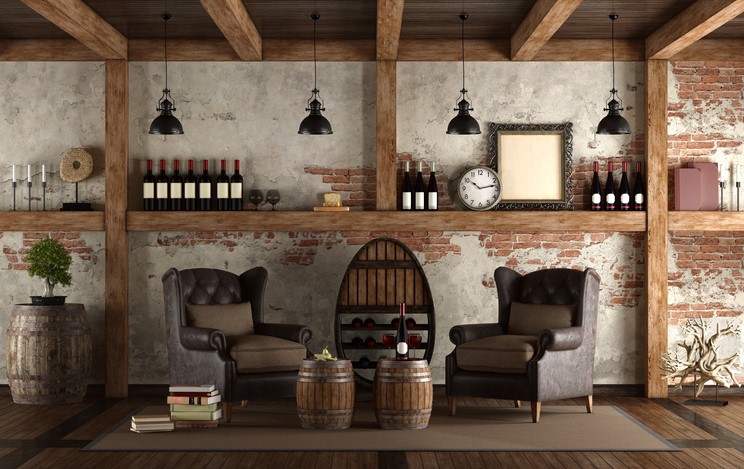Hand tools, the basic equipment used to fix minor repairs and perform DIY tasks, are important part of a homeowner’s toolbox or workbench; planning your workshop can be a fun and worth-while organizational task. Whether you live in an apartment or own a home, you’ll most likely have use of these tools at one point or another. Not everyone has a garage, or has space in their garage, for a workshop. A simple, inexpensive toolbox, can be purchased from your local hardware store. There are various styles and sizes. Some are designed to be lightweight and easy to carry, others are sturdy and durable and designed to be dropped and kicked around. Toolboxes can be without a lid (good for long items or unusually sized tools) or closed (good for holding small hardware like nails and screws). Even those who have a full workbench will want a toolbox – it’s great for carrying your tools from one room to another or for the occasions when you need to bring tools outside into the yard. Active DIYers may choose to have several sizes to accommodate different projects or tools.

If your garage has space it’s great to actually have a flat surface to work on. Workbenches are generally counter height (approximately 36″ from floor to surface top), which is the perfect height to stand at as well as work at (like your kitchen counter). Drawers can hold frequently used items and a cupboard below can store odd-sized items or sharp items that need to be locked up. Workbenches can be purchased off the shelf, utilize an old counter piece or you can make your own. Many designs are available online and you can choose exactly the style you need. Depending on the type of work you like to do (woodworking, mechanics, electrical, basic repairs, etc.) you may want to invest in well-crafted tool storage bins. These are designed to store more specific tools and help keep them free of rust and dirt while being stored. Pegboards or vertical storage helps keep tools within reach as well as in plain sight. Pegboard is an inexpensive material that can be hung on cleats on the wall (you’ll want the pegboard to sit slightly away from the wall so as to allow for S-hooks and pegboard accessories.

Other storage like cabinets, cupboards or even under the bed can help store seldom used items relating to home improvement. If you have flammable items like paint thinner, lacquer, paint strippers and the like, consider storing these items outside and away from the home. A metal container that can be locked is best for keeping children, pets and others away from these toxic materials.
Just like cooking requires good lighting to see fine details and prevent accidents, your workshop will need good lighting to keep you safe and help you perform your repair and construction tasks. Simple industrial lights can be purchased from the hardware store – they are great for the workshop as they usually come with protective cages over the bulb and can be hung in a variety of styles. Construction sites employ various types of light (freestanding, telescopic, hanging) as well as different types of bulbs. You can save money by purchasing energy efficient bulbs that don’t throw off excess heat. Just be sure that the lights you purchase can be moved easily so you can perform the tasks you need to do.
However you choose to store your tools, take careful consideration to ensure they aren’t stored in a dangerous location, that expensive tools are kept free from rust and injury, and that it’s in an accessible location to make your repair, maintenance or DIY task easier. Learn more about remodeling your workshop by finding out if you should DIY or hire a professional for your project.




